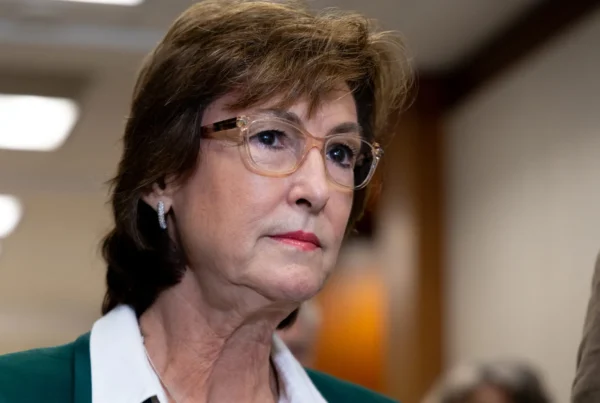While a band’s sound often switches up from song to song, if not over time, some bands have a style that’s undoubtedly their own.
Ever since their inception in Austin in 1987, the Jesus Lizard has possessed a singular, unmistakable rumble of pummeling, shuddering bassline marching in lockstep with booming, precision-targeted drums. Sharp angular guitar pierces the rhythm.
And then there’s that voice, sometimes soaring off an unsettling low in the mix – sometimes compared to a preacher speaking in tongues – tying it all together in a sonic roar. That’s the voice of performer David Yow, the Jesus Lizard frontman whose decades-long career dovetails with the rise of the modern underground music scene and its explosion in the 1990s and again here in 2024.
After their breakup in 1999 and a sporadic series of reunions, the Jesus Lizard’s back with their first album in 26 years, titled “Rack.” They’re also kicking off a tour with a Halloween date in Dallas and a stop at the Levitation festival in Austin on Nov. 1.
Yow joined the Standard to talk about his career and what led to the band’s reunion. Listen to the interview above or read the transcript below.
This transcript has been edited lightly for clarity:
Texas Standard: What’s it like performing again in a place that played such a big role in the band’s history?
David Yow: Well, we’ve done seven shows so far. And yeah, the Chicago show blew my mind because we had – I’m not sure exactly how many people – but I think it was like [3.500] or 4,000 people. And it kind of freaked me out.
A lot of people consider you guys really, really hugely influential, even though I don’t think you achieved the kind of success that some of the Seattle bands did. But you all were never really that Seattle thing. I think that some critics tried to sort of lump you in, but I always hear in your sound more of a kind of Zeppelin thing going on. Am I wrong?
No, you’re not wrong. It’s your opinion. How could you possibly be wrong?
I guess what I’m asking is how much Zeppelin did you listen to growing up?
They were my favorite band. That was my first concert. But yeah, the Seattle thing. Can I say dirty words on this show? We did get lumped into that some when Scratch Acid was a band.











